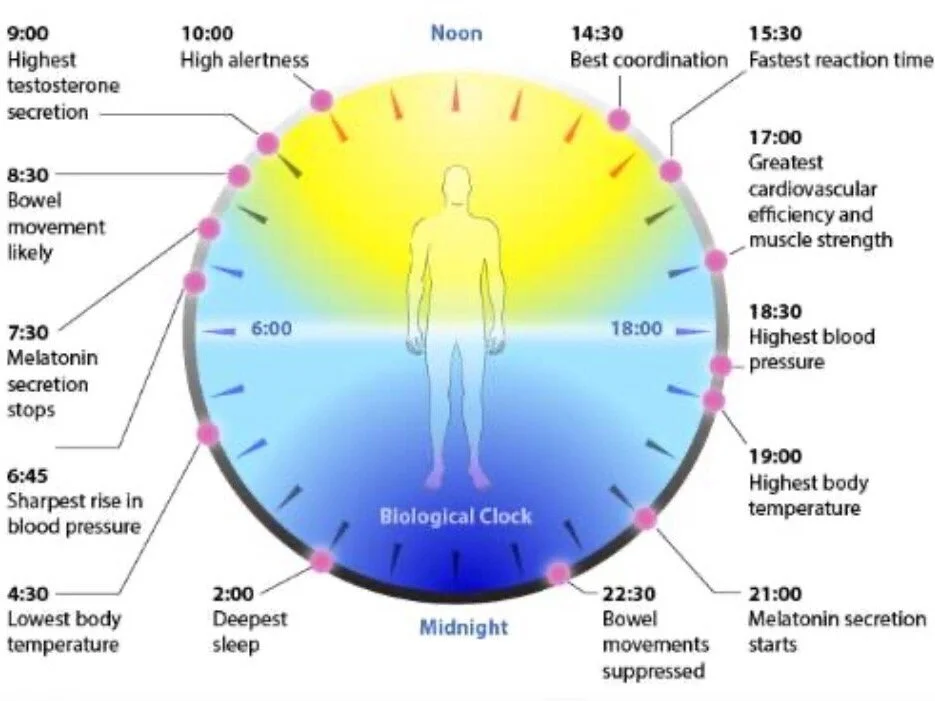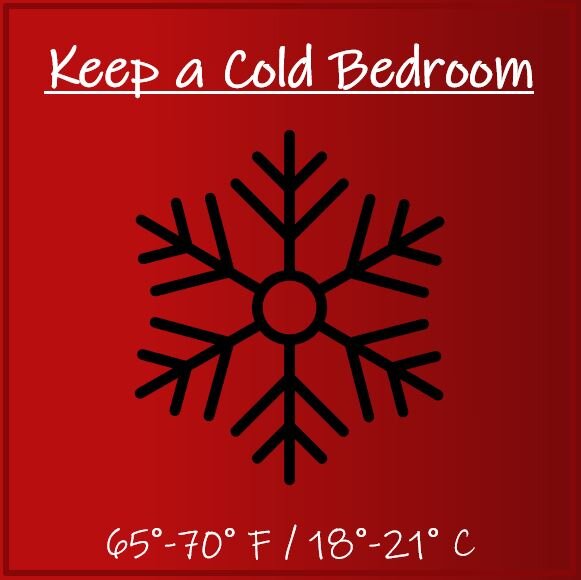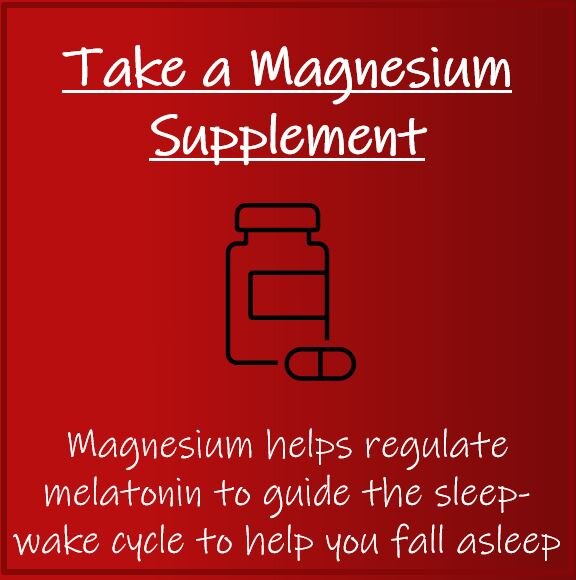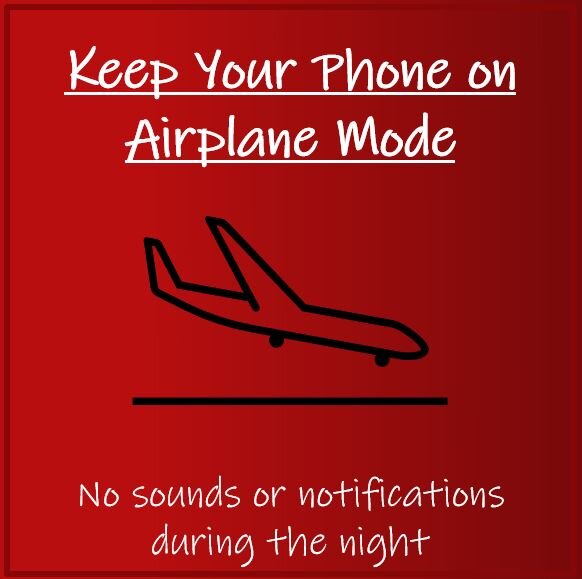In my first post on sleep, I spoke about:
WHY sleep is important,
WHEN to eat for better sleep, and
WHAT metrics we use to track sleep quality.
And in today’s post I’ll talk about:
WHERE there’s room for improvement in your sleep hygiene,
WHO needs a sleep routine, and
HOW the body works throughout the day to guarantee success.
With life taking steps back towards normalcy, now is the time to take the time to focus on improving your sleep quality. Chances are, a lot of this WON’T be new information for you, but it’s important information - so listen up!
Where there’s room for improvement in your sleep hygiene
what is sleep hygiene?
Simply put, sleep hygiene refers to the habits and practices that effect our quality of sleep - of which there are many.
How to improve your sleep hygiene:
WHO needs a sleep routine?
Sleep routines aren’t just for newborn babies, they’re for everybody!
It’s rare in my field of expertise to come across something that everyone can agree on. There is no such thing as the perfect diet or a training program that suits all body types all the time. In fact, the best diet or program is typically the one that you’re not on - which makes my job both interesting and challenging!
BUT SLEEP IS THE OPPOSITE!
Every doctor, institution, and self-proclaimed sleep-specialist that I’ve ever come across can agree on sleep. So why do some many people still struggle?
In my opinion, there are 3 main reasons:
1. Fear of missing out (Fomo)
We’ve all heard it a hundred times; turn off the screens before bed! And yet, even I (hard to believe, I know) am guilty of sitting down at the end of my day to check instagram and watch an episode of TV.
Our society is driven to stay connected and that means we want to check up on each other so that we don’t miss out on the next big thing.
Another reason we find ourselves on the couch at the end of the day is because it “feels” like we’re relaxing the brain and body. When we think we’re switching OFF at the end of the day, we’re actually switching ON our cortisol production.
The solution isn’t to ignore our desire to stay connected and completely stop using social media or watching TV in the evenings.
Instead of cutting out all screen time, try scheduling screen time.
Pick a bedtime, say 10pm and set a notification to go off 20min, 30min, or even 60min before that to remind you when to turn off the screen.
It’s the same concept as, and even more important than, the morning alarm clock that wakes you up. This new evening alarm will remind you to start your bedtime routine at the right time and get you prepped, just in time to fall asleep.
2. Overworking
We work early, late, through lunch, as soon as we wake up, and last thing before bed. We work our normal jobs and our familial jobs and then we add in cleaning, meal prep, hobbies, exercise, and more.
We are told that not working is being self-indulgent or lazy, but sometimes it’s harder NOT to work than it is to actually do the work. One of the first things people did when we got the stay at home order was add new things to their to-do list. We started new DIY projects, picked up running, or decided on a new hobby. Look at me, I started a blog!
Work-life balance is one of the hardest things to get right.
My biggest piece of advice is to leave work at work.
If you work from home, set up a designated work only space and when you leave that space, don’t take work with you. If you don’t have enough room in your house or apartment, then pick a designated work outfit. At 5:30pm or whenever you clock out, change outfits to mentally and symbolically leave work mode.
3. taking on too much change at once
When we make the decision to get healthy, we have a tendency to bite off more than we can chew. Health is multi-faceted and when we try to “get healthy” we try to fix it all at once; our diet, our exercise, our sleep, and our lifestyle all at the same time. This can be overwhelming.
If you do manage to make all the changes, then you, understandably, want to see immediate results. If you don’t see them, it can be hard to troubleshoot what went wrong because there are so many variables. This is frustrating and discouraging when so much effort goes in to making the changes.
On the flip side, too much change at once, can mean that you don’t know what caused your success. I see this most frequently in dieting. Someone will change 10 things about their diet at the same time and then they won’t know what’s causing them to feel better or worse. The same can be said for sleep.
If it feels overwhelming or unrealistic to change your whole routine all at once. Pick one thing to start on this week and see if it makes a difference. Next week add to it, or exchange it for something new.
HOW the body works throughout the day to guarantee success
When we hear people talking about sleep, it’s common to hear about the circadian rhythm. The circadian rhythm, or clock, is the body’s way of regulating the wake-sleep cycle. It’s pretty much the body going “trust me, I got this”.
But like any cycle, if even ONE aspect is broken, then the rest of the cycle won’t function properly. So it’s just as important to stay on top of your sleep hygiene in the morning as it is in the evening. The first step to keeping your clock ticking, is to understand whats happening throughout the day to keep you on track.
The diagram below shows the hourly cycle of what’s happening in the body and what hormones are being released to help optimal function.
The times shown are only indicative and they’ll be slightly different for each of us. Our body takes queues based on sunlight and darkness to set the times for the clock. So when you open the curtains in the morning and get that first hit of light, your clock does a check and reset to help guarantee success throughout the day.
In an Irish Independent article, Ireland came seventh in a sleep survey that ranked countries based on the length of sleep its citizens got on average. Let’s up our rank and not only sleep longer, but sleep better.







